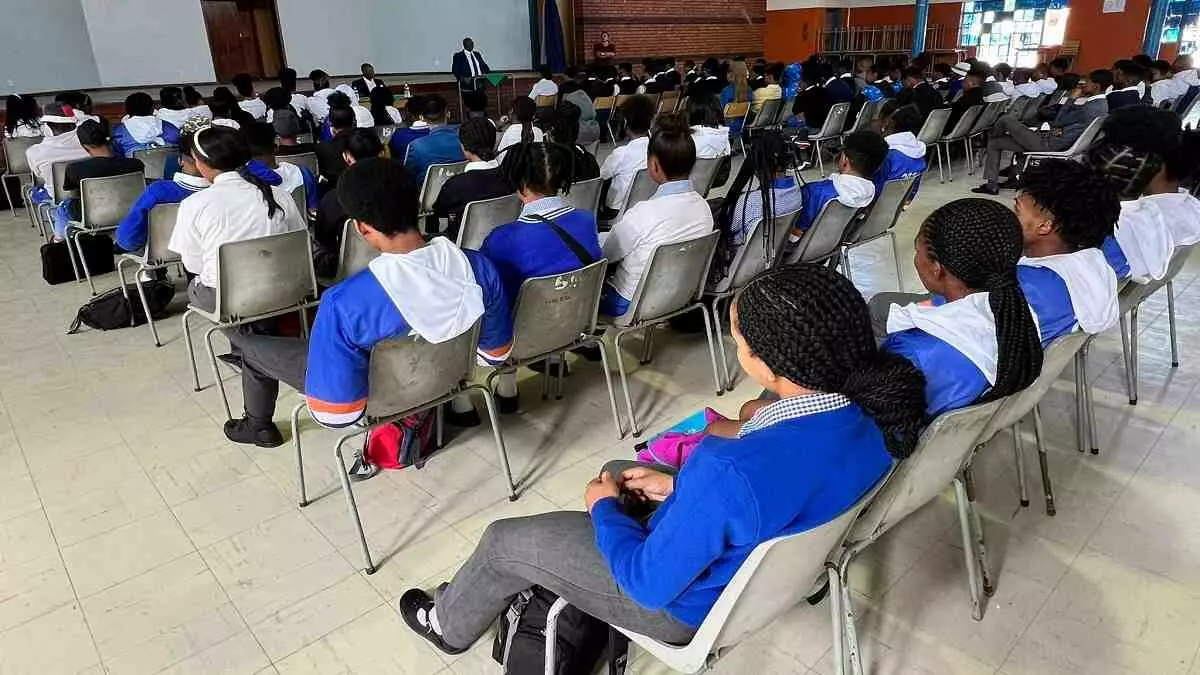The South African Reserve Bank’s Monetary Policy Committee (MPC) has increased the repo by 25 basis points, which will see the repo rate rise to 4%. This also means that the prime lending rate will rise to 7.5%.

SARB Governor Lesetja Kganyago says in the near term, headline inflation increased well above the midpoint of the inflation target band.
Kganyago said, “GDP is expected to grow by 1.7% in 2022. The deceleration in growth from 2021 to 2022 is primarily a result of the fading rebound from the pandemic, alongside a climb-down from high export prices. GDP growth is forecast to be 1.8% in 2023 and 2.0% in 2024.”
Stanlib Chief Economist Kevin Lings says the increase to the repo rate was not a surprise as many economists expected it. He added that currency volatility and capital flow reversals have become more pronounced while inflation among food and fuel was noted.
The decision taken by the MPC has come just a few months after the repo rate increased by the same number of basis points in November 2021. Lings says that despite the two increases, interest rates remain low.
He said, “Interest rates are moving up but they remain low overall and relative to historical averages they’re still incredibly low and so I think yes consumers will come under a little bit of pressure but I don’t think it’s going to be that damaging for the economy”.
Lings does however warn that cumulative interest hikes could have a big impact on consumers as well as business and business confidence. This as the repo rate could be increased four times a year.
He adds that it is necessary for the MPC to increase interest rates because inflation could get out of control and do more damage to consumers if they don’t increase the repo rate.


